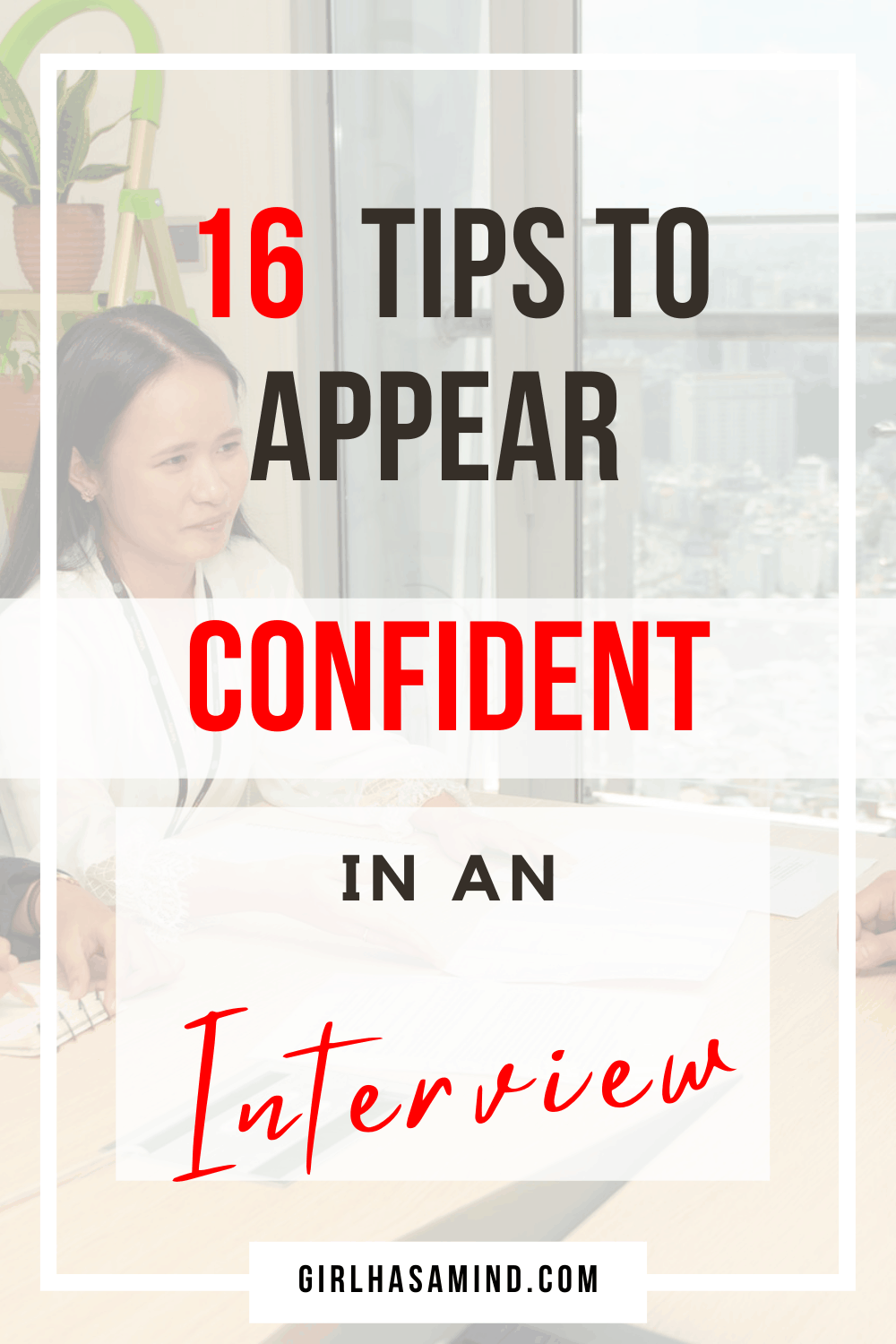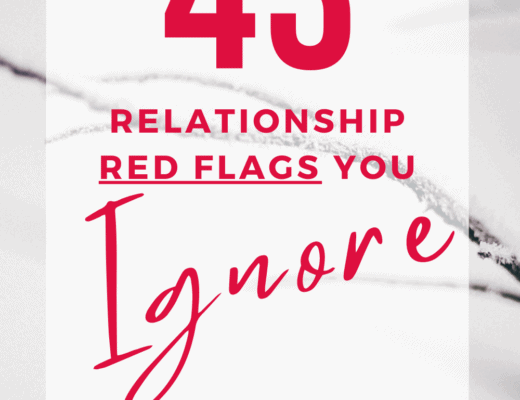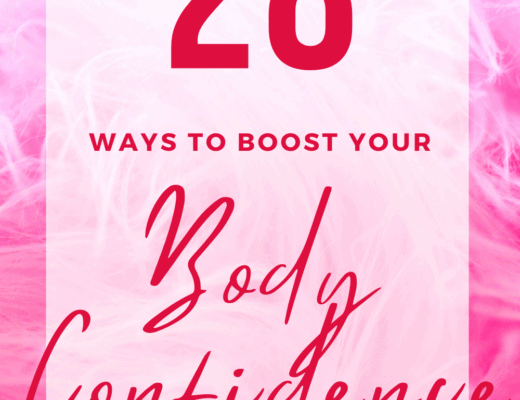Why and how to be confident in an interview plus other tips to nail that job.
So you have been invited for an interview and now you are panicking.
You worry about the questions they will ask, whether they will like you, and whether you have what it takes to do the job.
It’s like having to go on a date with a total stranger, while also doing a verbal exam.
Or as I like to describe it to new graduates fresh out of university, it’s like meeting your new boyfriend/girlfriend’s parents for the first time, you want to make a good impression so they like you. Basically, you want to come across as someone they can trust with their child.
Either way, no matter how self-confident you are, going for an interview is stressful and fraught with risks.
Here are some tips to help you appear confident and calm, and nail that interview.
Related Posts

Why Is It Important To Appear Confident When You Are Doing A Job Interview?
Confident people are attractive. We want to be them or be around them.
They inspire us with trust and respect.
What’s more, self-confidence also shows that you trust yourself.
Besides, why would a hiring manager hire someone who doesn’t have confidence in their own abilities?
Feeling confident will also help you communicate more clearly, a crucial skill when trying to impress a stranger you’ve just met 5 min ago.
And it will ensure you have the confidence to negotiate a good salary and get paid what you are worth.
But most of all, and something people rarely consider, when you have self-esteem and self-confidence, you don’t accept anything but the best. There will be many times in your life where you are offered a job that is not right for you. Without enough confidence and trust in yourself, you might very well accept the offer, or accept the job offer at a lower salary than you deserve.
Confidence gives you the ability to say no to a situation that is not right for you.
I have been on a few interviews where I realised that the job just isn’t for me. Either I misunderstood the job description, or there were some red flags during the interview (for example a high turn-over of staff might indicate bad management or a demotivated workforce, usually due to an overly political atmosphere at work, not to mention bullying, etc). One company even refused to pay me what I was getting paid at my previous company so I had to decline. I got another job paying what I wanted within weeks.
So confidence isn’t just necessary for a successful interview, it’s also necessary for you to make the right decisions so you can have a bright future.
How Do You Overcome Your Fear Of Interviews?
The truth is, many of us fear interviews, or at least feel very nervous and anxious beforehand.
There are many reasons why we feel so nervous while doing an interview, including a fear of rejection or public speaking, having to make conversation with a total stranger, to being able to answer questions on the fly, making it feel like you are sitting some verbal test or exam.
Being prepared is key
Make a list of all possible questions, write down the answers, and then practise answering them in the mirror.
Breathing techniques
Try the 4-7-8 breathing technique. It helps to reduce anxiety and is calming and relaxing.
Simply breathe in for 4 seconds, hold your breath for 7 seconds, then exhale slowly for 8 seconds.
Work on your self-confidence
Improving your self-confidence is something you will likely work on for the rest of your life.
No-one ever feels confident in all areas of their lives. Some are confident at work but terrible at relationships. Someone can be a confident cook, but a terrible driver.
I know a lot of people who are very confident in many areas (work, life, romance, appearance), but are terrified of public speaking.
Here are 90 easy and actionable tips to feel more confident and boost your self-esteem.
Positive Self-Talk
Positive self-talk leads to a positive attitude, which will go a long way to helping to calm your nerves.
How we talk to ourselves, the words that we use, what we say, it all counts towards how we feel about ourselves, our level of self-confidence and self-esteem, what we think we can achieve in life, even how much we think we are worth and should be paid at work.
If your internal voice is constantly telling you how stupid you are, you will believe you are stupid. But if it’s telling you how amazing you are and that you deserve to have a great job that pays well, you will believe that too.
Remind yourself of your qualifications and accomplishments
Imposter syndrome is an insidious belief that you are not good enough for the job or career you have, or that any success you have achieved was simply chance, or luck.
Remind yourself of everything you’ve accomplished, all those hardships and problems you faced and overcame, that you have all the same (or more) skills and experience as other people, and that it’s natural to feel you don’t have what it takes, but it’s just a feeling and you must put it aside.
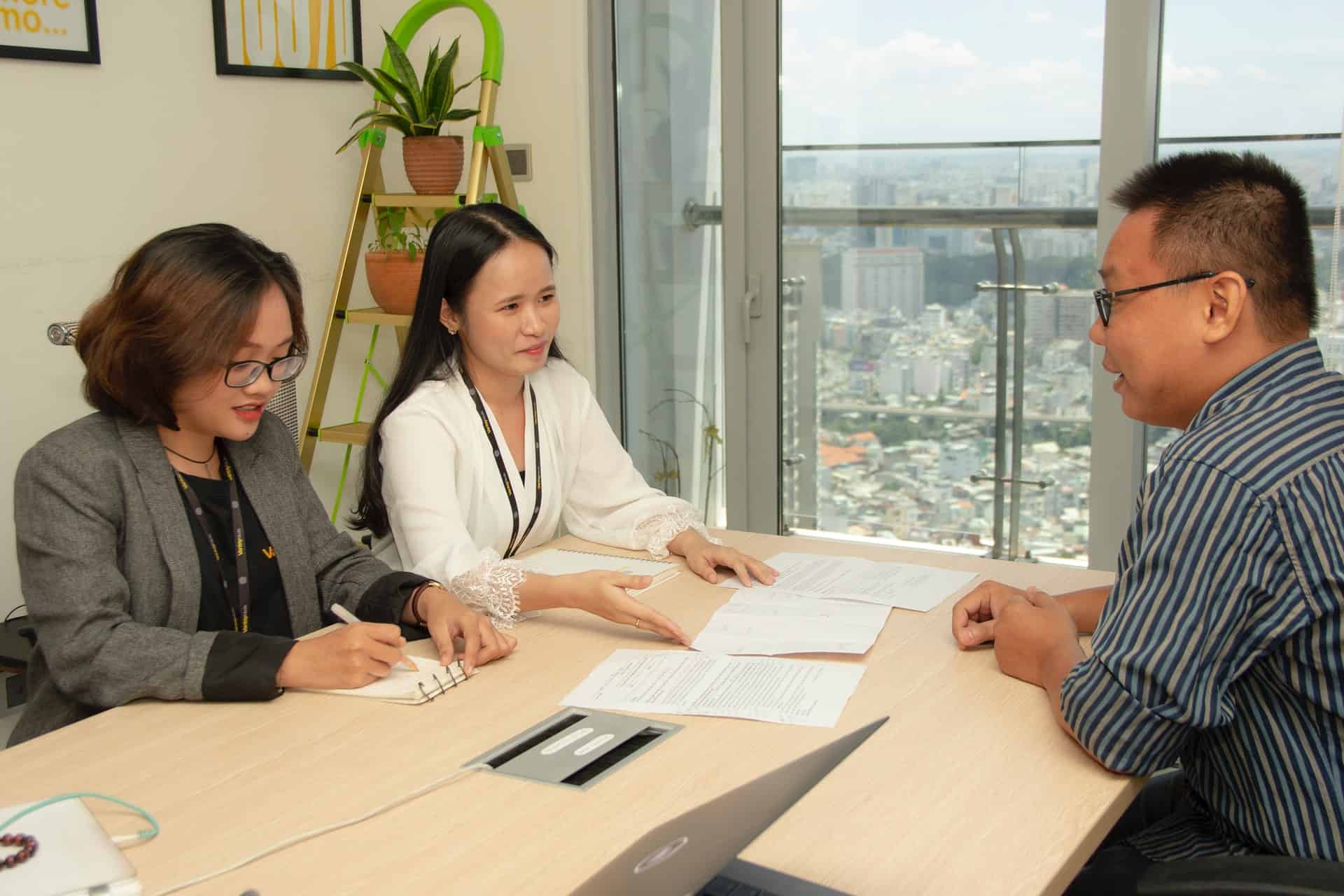
16 Tips To Appear Confident In A Job Interview
- Good handshake
- Make eye contact
- Posture – stand up straight
- Positive energy – Look like you are happy to be there – Focus on your facial expressions and other mannerisms, i.e. non-verbal gestures.
- Smile
- Dress & look professional
- Speak slowly and clearly (relaxed but passionate communication style)
- Don’t fidget – keep your hands and feet still
- Practise your answers beforehand
- Be able to list your past accomplishments
- Be able to list your skills, qualifications and experience
- Be able to list your strengths and weaknesses
- Keep your responses short and on point
- Don’t ramble on and on (one of my pet peeves when I am doing interviews of new candidates)
- Practise breathing slowly before the interview starts to help calm your nerves
- Prepare a list of questions you have about the company, the role and the team and ask them at the end of the interview
Tips When Meeting Someone For The First Time
Going to an interview is not so different from simply meeting someone for the first time, like on a date. In fact, you can think of your interview as a date of sorts, where you really want to impress the other person and have them think highly of you.
Here are some things to keep in mind when you meet someone for the first time:
Keep your posture “open and inviting”
By keeping your arm open as if you want to hug someone (without actually hugging them)
Smile
It makes you appear friendly and approachable.
Make eye contact
Ensure you make natural eye contact – don’t force it, and don’t stare.
Eye contact shows someone you are interested in what they have to say and that they have your undivided attention.
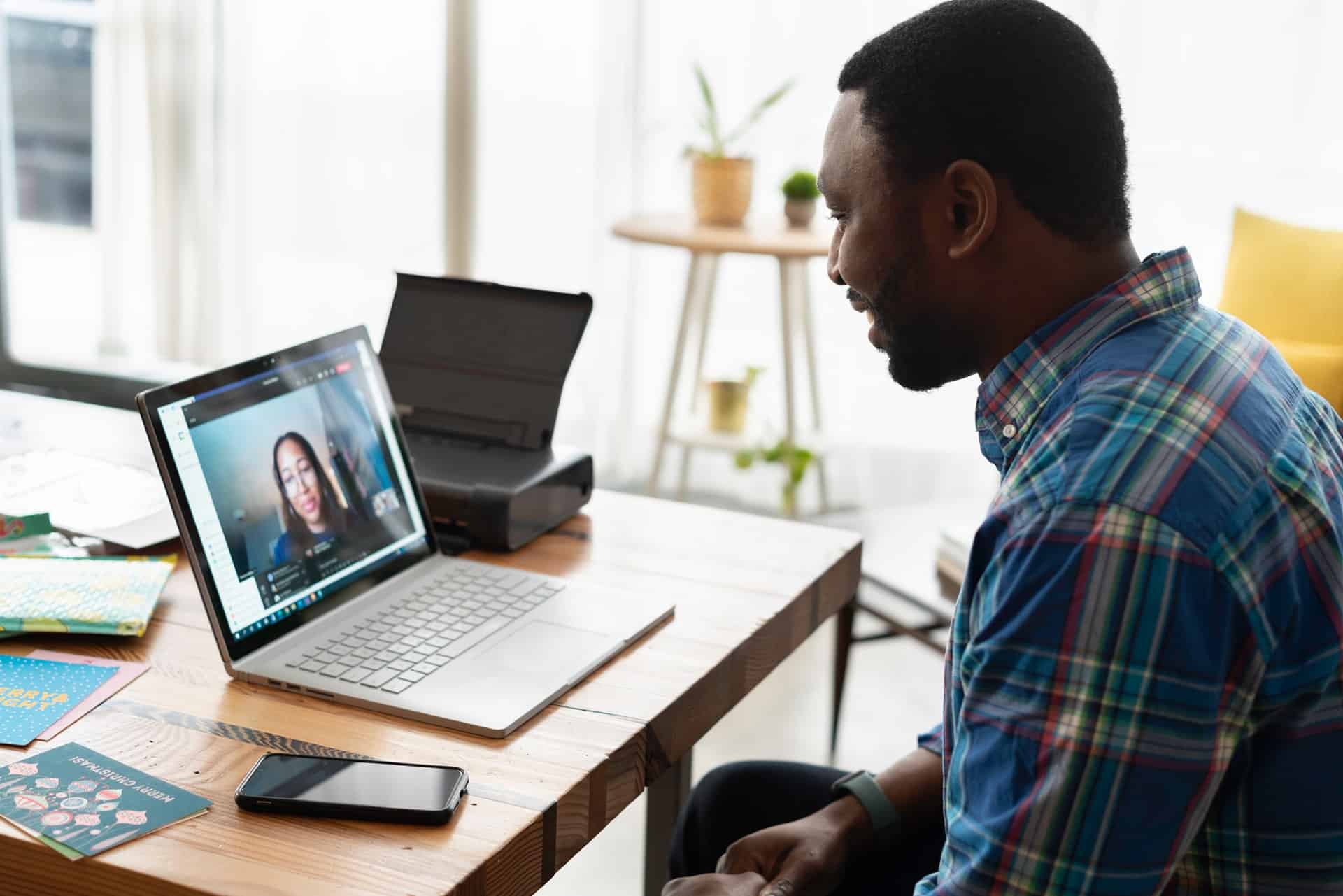
Watch your handshake
During COVID, we all stopped shaking hands, but shaking hands will remain a good way to greet someone for the foreseeable future.
I think generation Y and older will continue to shake hands, especially in professional setups, while millennials and younger never seemed too fussed with hand shakes.
If you are unsure, let the other person lead, wait for them to hold out their hand, then be sure to reciprocate.
Here are some tips for making a good impression with your handshake:
- A good handshake should be firm, but not hard/tight.
- Make sure your hand is cool and dry.
- Lean towards someone when extending your hand for a handshake.
- No more than 2 seconds.
- Ensure you hold their entire hand, not just the fingers (unless you are meeting the Queen of England. Apparently as she has to do so many handshakes, she will only lightly touch someone’s fingers, otherwise she ends up with a sore hand).
- Don’t shake your arm up and down.
- Avoid power tactics like Donald Trump, it does not build trust, only resentment.
Are they nodding too much?
This may be a sign they want you to hurry up and finish your point.
Lean in when they talk
It shows you are interested in what they have to say.
Mirror their body language.
If they lean forward and put their arms on the table, then do the same. Or vice versa, if they are leaning back with their arms on the chair arm rests, match that action.
Compliment the other person
- Receiving praise activates one of the reward areas of the brain.
- Compliments also make others feel good and therefore make them like you and want to be around you.
- It also demonstrates leadership and influence, and will make you appear more confident.
- But keep it real, a fake compliment will make the other person feel awkward.
Check out this article on how to accept a compliment graciously.

The 7%-38%-55% Rule
According to a study by Professor Albert Mehrabian published in 1967, how we respond to someone comes from 3 elements.
- The words used
- Tone of voice
- Facial expressions and body language
He came to the conclusion that a whopping 55% of how we judge someone comes from non-verbal cues such as facial expressions and body language, with 38% coming from the tone of voice, and only 7% from the actual words used.
While other studies have found the percentages to be different, most agree that non-verbal clues are extremely important.
In fact, when meeting someone new for the first time, we form a lasting opinion of that person before they even speak a single word, simply from their body language, facial expression, posture, the “energy” they project, the way they are dressed, eye-contact, etc.
I certainly form a strong opinion of someone based merely on how they are dressed. Since I work in a large corporation where formal dressing is still the norm, if someone was to show up for an interview wearing jeans or a t-shirt, I would assume, without even speaking to them, that they couldn’t be bothered to make an effort with their appearance for this job interview.
And if they have a limp handshake, and won’t look me in the eye, I will cut the interview short and don’t bother wasting my time with the usual questions.
So make sure that the impression someone forms of you before you’ve even spoken a word is a good one.
Common Interview Questions
Why are you leaving your current job?
It goes without saying but I’ll say it anyway…NEVER bad-mouth your current job, company, boss or team.
What attracts you to this role?
It’s OK to admit it’s the money, but be more polite about it. Don’t make yourself sound greedy or shallow.
Simply say that you have hit the salary ceiling at your current role.
What are your strengths?
Bosses generally like people who they can trust, who are likeable, hardworking, responsible and will get along with the rest of the team.
What are your weaknesses?
Remember, when listing a weakness, don’t make yourself look bad, don’t mention anything embarrassing or career defining.

List your biggest accomplishment in your last job?
Anything where you saved the team time, the company money, improved a process, dealt with a difficult customer, or solved a long on-going problem.
Talk me through a tough situation at work where you felt overwhelmed? How did you deal with it?
Variations on this question include “tell me about a mistake you made and how you remedied it”.
Where do you see yourself in 5 years?
Always a tough one, especially when you are younger and still trying to figure out what you like.
Acceptable answers include that you are not sure, but you want to learn as much as possible of the field you are in and become as much of an expert as possible.
If you are in a technical role, you can list different types of technology you want to learn (python, java, AWS, etc).
Why should I hire you over the other candidates?
Here is an opportunity to remind the interviewer that you are hardworking, trustworthy, responsible, easy to get along with and would be a safe pair of hands if they hire you.
Conclusion
Even when you don’t feel confident, it’s still important to project it when meeting the person who will be interviewing you. It will make them feel relaxed in your presence, and they will feel more trust and respect for you.
Always remember that confidence is not something that some people are born with and others aren’t. We all become more confident through experience and accomplishment, often side effects of getting older, but you can learn to be more confident by focusing on your personal development.
Confidence really is just another skill you can learn, just like riding a bike or cooking soufflés.

